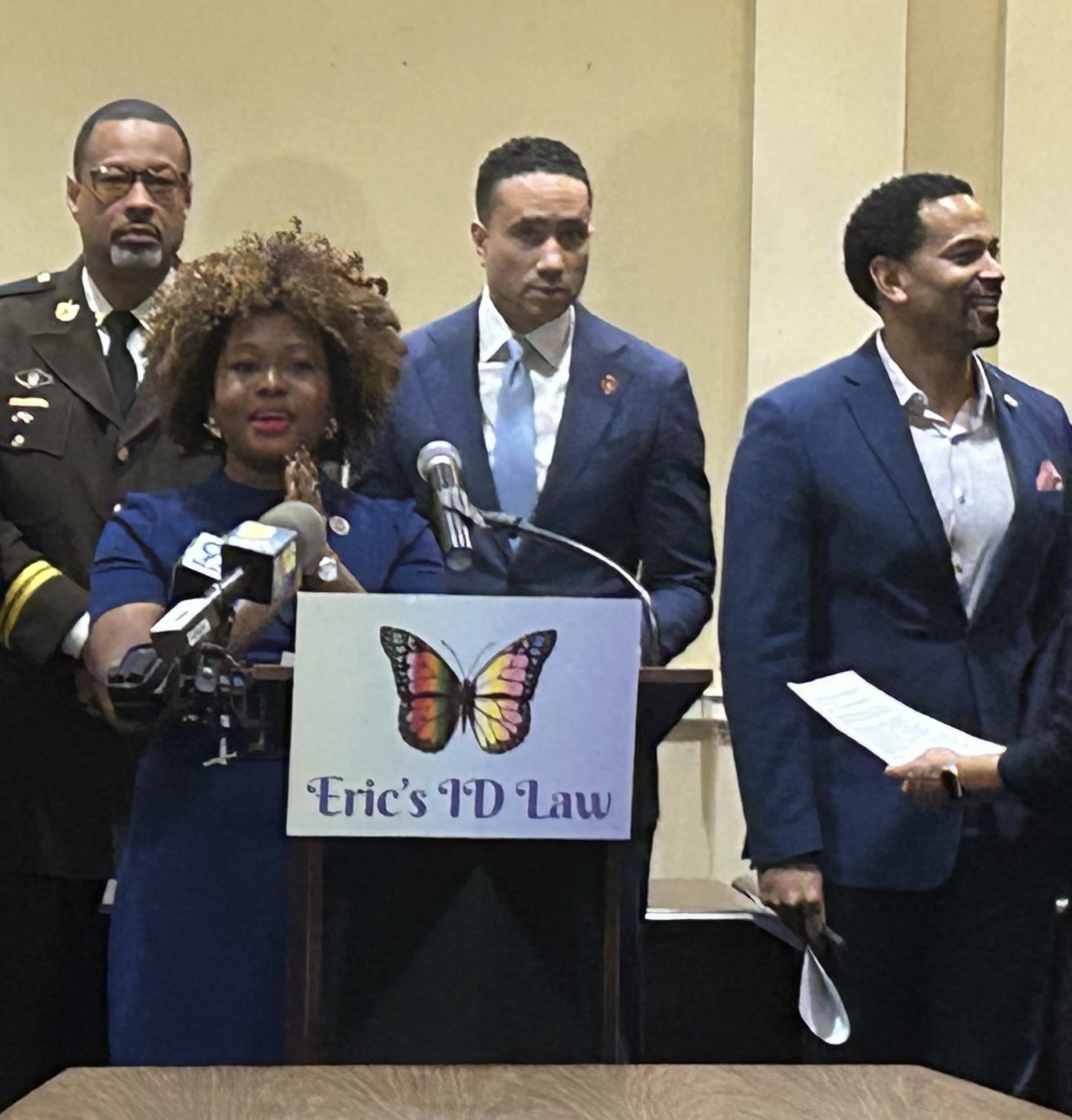ANNAPOLIS – Lawmakers are considering a bill that would make it easier for first responders in Maryland to know when they’re dealing with a person who has invisible disabilities.
The measure would allow Maryland residents to request a notation on their driver’s license or state ID card that identifies their unseen disability, such as autism or hearing impairment.
If adopted, the bill would mandate training for law enforcement on how to improve interactions with people who have hidden disabilities. It would also require the Maryland Motor Vehicle Administration to work on awareness programs.
The changes are meant to help protect people with invisible disabilities during encounters with first responders – a special concern for parents of Black children who may be at higher risk during conflict with police.
“The reality of these encounters presents differently when your Black son transitions to adulthood and becomes a legally independent Black man,” said bill co-sponsor Del. Kym Taylor, a Democrat representing Prince George’s County, who said her son has a hidden disability. “There are no visible signs nor immediate indicators to help first responders understand potential reactions.”
The bill, known as Eric’s ID Law, is named for Maryland native Eric Blessed Carpenter Grantham, 20, a Black man who lives with autism.
Following the 2020 death of George Floyd – a Black man who died at the hands of Minneapolis police officers – Grantham and his mother Linda worried about Grantham potentially encountering police and failing to respond as expected because of his disability. The two met with Sen. William Smith Jr., a Democrat representing Montgomery County, Senate sponsor of the bill.
Grantham says that he designed special logos that easily identify hidden disabilities to law enforcement.
“Eric’s ID Law was created to help save lives for people who cannot use their own voice,” he said.
Prince George’s County Sheriff John Carr said he supports the proposal, adding that increased resources to aid people with invisible disabilities during encounters with law enforcement are a “must.”
“From a law enforcement perspective, we want you to know that we are here to serve you and we want this bill to pass,” Carr said. “Any time that we’re able to put a citizen at ease during a traffic stop, that is something that helps us interact and keep our community safe.”
Similar initiatives exist in Maryland already, such as the MVA “blue card” that people can present to identify their disability. Additionally, the Ethan Saylor Alliance was established in 2015 to “provide increased training for law enforcement and other public service entities” to address situations with people with invisible disabilities.
Its formation follows the death of Saylor – a 26-year-old man with Down syndrome – following a police altercation at a Frederick movie theatre.
The passage of this law would mean Maryland joins 11 other states allowing people with disabilities to identify themselves on their identification cards.

